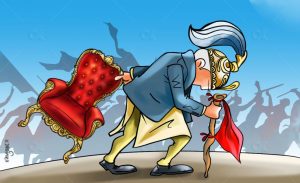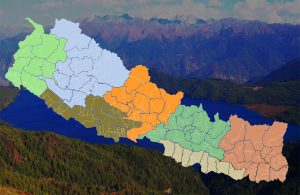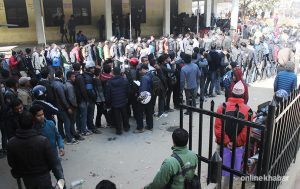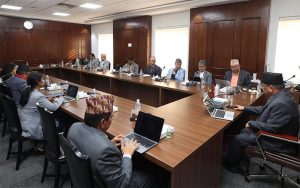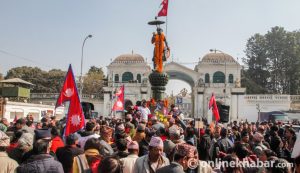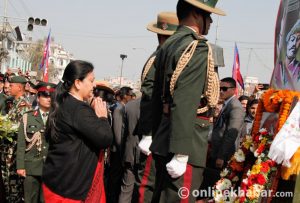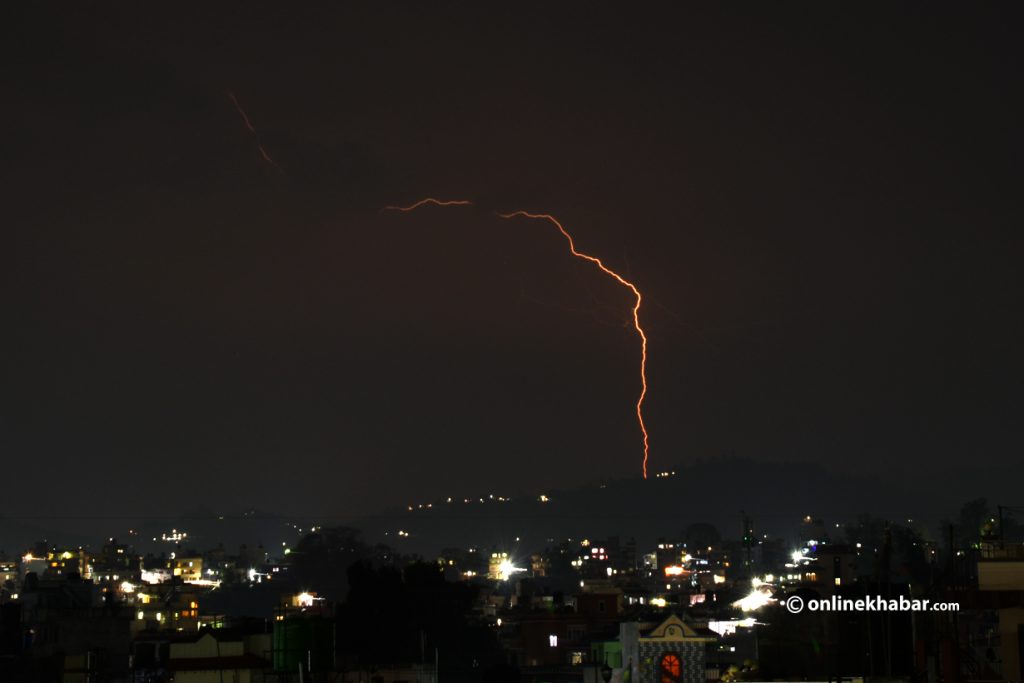
I am a student with Nepali citizenship who is studying in a middle school in the US. I moved to the U.S. with my parents. Despite living in a separate country, I have managed to educate myself on many disparities and political issues in my home country. After taking courses in civics and educating myself on the different types of government, the recent debate and issues on monarchy have caught my eye.
Violent protests have broken out in Nepal, demanding a king once again. However, as a youth still going to middle school, I firmly believe that the monarchy will not give our country a chance to flourish; it will only lead to regression. The number of monarchies is astonishingly low in today’s world, highlighting the outdated and ineffective nature of the system. It will not solve our problems; if anything, it will make them worse. We need to align with the principles of the modern world, not fall into the trap of a monarchy that will only hurt us in the long run.
Let’s start with the reality of implementing a monarchy. First, Nepal abolished the monarchy because the people were not satisfied. If we are not satisfied with the current government in our country, then certainly we will not be content with a king. Most monarchies are overthrown for these reasons: corruption, injustice, and economic instability—the same hardships we are facing right now in Nepal. To address the ramifications of our nation’s political instability, protesters are demanding Former King Gyanendra Shah’s return, but unfortunately, monarchies are hereditary. An unelected king will rule by birthright, not merit, and history will only repeat itself. As a result, another overthrow is almost guaranteed. This means we will lose many years to fight and bring democracy back into place. Gyanendra Shah already has a record of being authoritarian, hence why the monarchy was abolished in the first place. We need true systemic reforms without moving backward but by progressing forward. The frustration with Nepal’s current political instability is fully justified, but we need to stabilize the country by providing a pathway to grow as a nation.
Undisputable for the most part, there are a multitude of more suitable solutions. The motive for desiring a monarchy is flawed; we are not happy with the current system, so let’s bring up the simplest solution we can think of, with no thoughts regarding the aftereffects or repercussions. Thus, acknowledge this: repairing a flawed government is not simple and most definitely not as straightforward as throwing a king onto a throne. It needs a reasoned strategy. How about we protest to replace corrupt politicians or vote out those politicians who are not performing well after we elected them? But let’s make sure that we don’t provide the power to someone like Gyanendra Shah to rule as a monarch. Or at the very least, let’s consider a more better ways of effective form of government.
To illustrate, let’s take an example of existing monarchies, such as Saudi Arabia. The reason the government is not out of control is because it consists of certain regulations and guidelines, generally assisting the nation and allowing development. But even with that, it has interfered with freedom of speech and the press. So essentially, freedoms are not kept intact, and less-developed nations like Nepal are far more vulnerable to further corruption with monarchies, especially with Gyanendra Shah. Even constitutional monarchies such as Great Britain have had their powers diminished over time. If a large nation such as Great Britain has lost much of its power to elected representatives and the parliament, then what is the point of bringing back Gyanendra Shah? Nepal already has multiple ministers; we simply need them to be leaders who care about Nepal’s citizens and progress. No, kings don’t fit into that box. If we can not have decent government officials, how will we have an excellent king for generations on?
Moreover, bringing back the monarchy means regression. Nepal’s progress is at risk, and a more effective solution is needed to tackle the political instability. Citizens need to stop partaking in these violent protests, and leaders need to take accountability for their actions.




